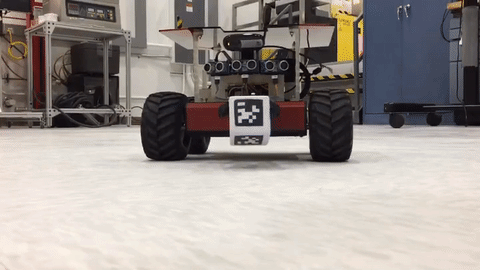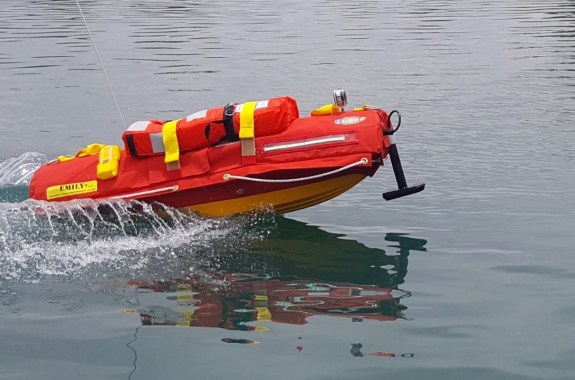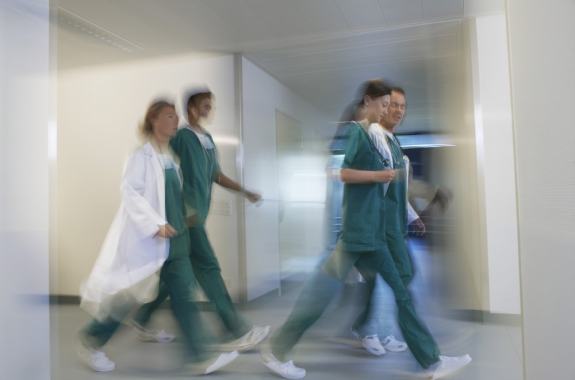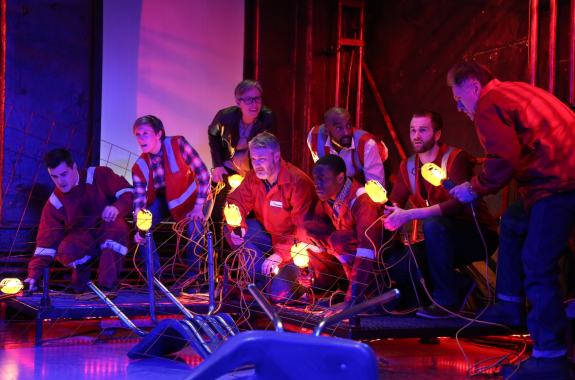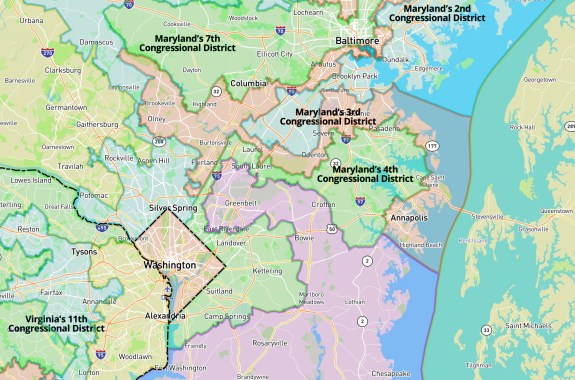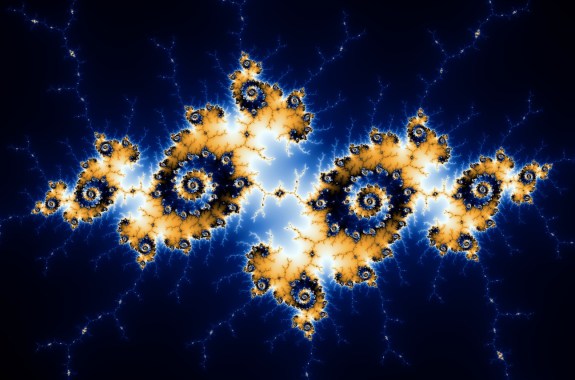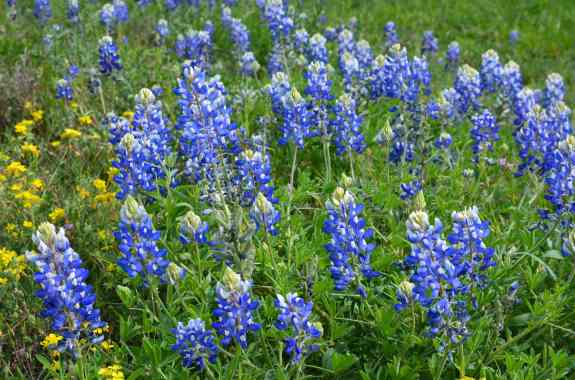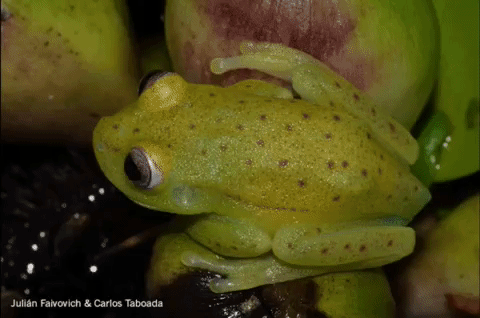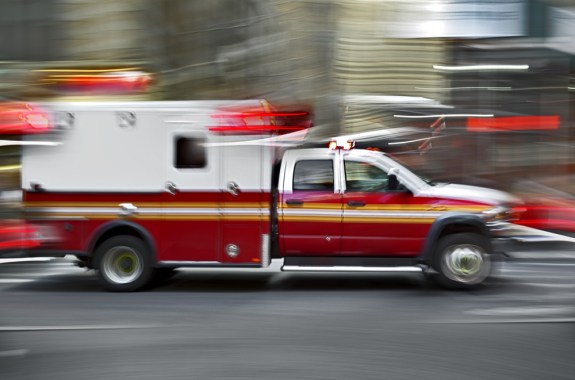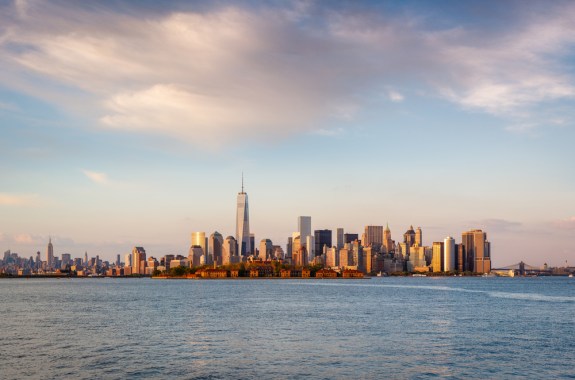17:37
A Life Robotic
If humans someday colonize the moon and Mars, robotic prospectors and miners will be among the first to arrive, manufacturing fuel, water, and other essentials.
7:46
A Robotic Life Raft, the Evolution of Your Nose, and the Joy of Sleep
Robotics researchers are working to make a robotic life raft more autonomous—and friendlier—in order to aid lifeguards.
4:34
Training Docs Around the Clock
A new rule could allow medical residents in training to work for up to 24 hours at a stretch.
25:41
Retelling the Story of the BP Oil Spill
A play explores the loss of human and animal life after the Deepwater Horizon exploded in 2010. Plus, what do we know about the Gulf of Mexico’s recovery since then?
8:26
Can Geometry Root Out Gerrymandering?
Can the shape of a congressional district tell us everything we need to know about its fairness?
16:52
To Infinity and Beyond With Mathematician Eugenia Cheng
Infinity is not classified as a normal number, and some infinities are bigger than others. Mathematician Eugenia Cheng explores these and other conundrums of this complex concept.
29:06
Superblooms Are a ‘Smorgasbord’ for Bees
The wildflower explosion in the Southern California desert provides plentiful food for wild bees. In this springtime special, we take a pollinator’s view of spring, and talk about which wildflowers to spot this season.
6:50
A Proposed Science Budget, Hacking Via Sound, and a Fluorescent Frog
A budget proposal from the White House lays out deep cuts for several science agencies.
5:27
Would You Be On Board With a Self-Driving Ambulance?
A recent study found that the idea of autonomous emergency vehicles made potential patients nervous.
26:33
Kim Stanley Robinson Tackles How to Keep a Drowning City Afloat
In his new novel, “New York 2140,” author Kim Stanley Robinson tackles how a drowning city might adapt and thrive after disastrous sea level rise.
